Top ten tips to maintaining a healthy immune system
Registered nutritionist and co-author of the Detox Kitchen Bible Rob Hobson talks through his top tips on beating the cold this winter >> www.getmorevits.com

TWITTER | FACEBOOK | INSTAGRAM
Cold weather is not the only thing that comes along with the winter season as many of us start to snuffle and sneeze our way through the cold and coughing season. The average adult gets between two and five colds each year and children can get up to eight. Maintaining a healthy immune system can help the body’s defenses against winter bugs as it attacks these foreign invaders and builds up protection against future attacks.
Get More Vitamin Drinks has been proactively encouraging consumers of all ages to not only be aware of the benifits of topping up vitamins but also encouraging an all round healthy lifestyle.
Get plenty of vitamin D

A large study involving over 19,000 adults and adolescents found that those with the lowest vitamin D levels were over a third more likely develop a common cold than those with the highest levels. As the days grow shorter, so does our access to UV light, which is the main source of vitamin D.
It has been shown in many studies that people with low vitamin D levels tend to get more respiratory infections. Further research has shown that people with high levels of vitamin D who get respiratory infections have a shorter illness duration or less severe symptoms.
You cannot get all the vitamin D you require from foods although eggs, oily fish and mushrooms are useful sources. You can also supplement you diet with tablets, sprays or fortified drinks.
Try Get More Drinks Vitamin D 500ml, £1.25, Sainsbury’s.
Avoid the hot toddy’s!
Drinking alcohol may be the last thing you feel like but many people believe in a hot toddy to alleviate their symptoms. However, this may not be the best thing to do when you have a cold as it causes blood vessels to dilate, which can leave your sinuses feeling blocked. Alcohol also suppresses your immune system, which can make you more prone to infections.
Try hot water with lemon, ginger and soothing honey instead.
Top up on antioxidants!
Antioxidants help protect immune cells from destructive reactive oxygen species, which are unstable compounds that can damage cells. The best known and most traditional antioxidant associated with immunity is vitamin C. High levels of vitamin C (around 1,000mg daily) have been shown to shorten the duration of a cold although the use of supplements is not yet to proven to prevent you from getting a cold. Other antioxidants associated with immunity include iron (lean meat, pulses and green vegetables), zinc (shellfish, seeds and pulses), selenium (Brazil nuts) and vitamins A (orange and green vegetables), D and E (nuts, avocado and seeds).
Pile up your plate
with brightly coloured fruits and vegetables as these coloured pigments pack the biggest antioxidant punch.
Eat garlic

Garlic contains a compound called alliin and when this is chewed or crushed is converted into a Sulphur-containing compound called allicin, which is the active ingredient in garlic and responsible for its pungent smell. Further reaction in the body convert allicin to other compounds that are considered to give garlic its antiseptic, antibacterial and antiviral properties that may help to reduce the risk of a cold.
A Cochrane review of the evidence linking the common cold to garlic suggested that garlic extract (180mg allicin content) may prevent the occurrence of the common cold although more studies are required.
Try including plenty of garlic in your cooking during the winter months.
Get spicy
Don’t let the congestion associated with a cold get the better of you. For immediate relief try adding a little spice to your food with fresh chilli peppers. These fiery vegetables contain capsaicin, which is a natural pain reliever and instigate a reaction in the body that causes a runny nose and watery eyes, which will help release blocked mucous and open up the nasal airways that are causing the pain.
Try cooking spicy stock-based chicken or vegetable broths using Asian flavours including red hot chillies.
Eat friendly bacteria
Research shows that the health of your microbiota is linked to immunity. Live bio yoghurts and probiotic dairy drinks contain a strain of bacteria called Lactobacilli, which may help to improve immunity against winter vomiting and diarrhoea infections. These sources of good bacteria also help encourage the production of anti-bacterial antibodies and secretion of the natural, anti-viral substance, interferon that helps to prime the immune system.
Try eating live yoghurt for breakfast topped with antioxidant-rich berries.
Get plenty of vitamin D
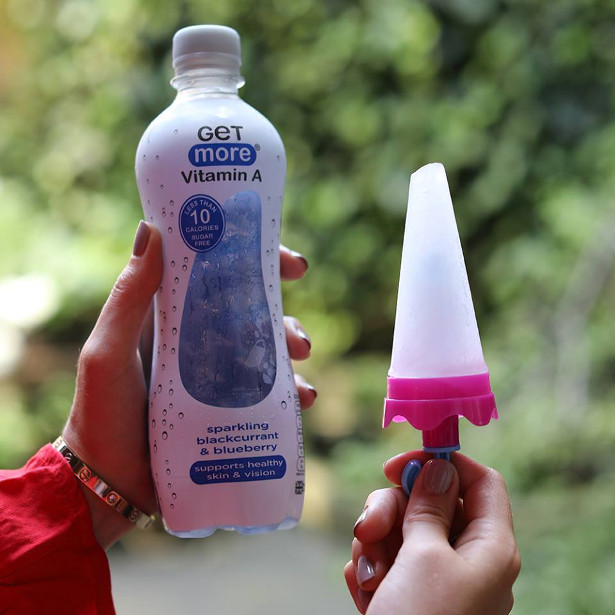
A large study involving over 19,000 adults and adolescents found that those with the lowest vitamin D levels were over a third more likely develop a common cold than those with the highest levels. As the days grow shorter, so does our access to UV light, which is the main source of vitamin D.
It has been shown in many studies that people with low vitamin D levels tend to get more respiratory infections. Further research has shown that people with high levels of vitamin D who get respiratory infections have a shorter illness duration or less severe symptoms.
You cannot get all the vitamin D you require from foods although eggs, oily fish and mushrooms are useful sources. You can also supplement you diet with tablets, sprays or fortified drinks.
Try Get More Drinks Vitamin D 500ml, £1.25, Sainsbury’s.
Eat mushrooms
Beta-glucans are naturally occurring polysaccharides that are found in the cell walls of plants such as mushrooms and seaweed. There’s a lot of research surrounding the beta-glucans found in shiitake mushrooms, which have been used in Eastern cultures for centuries as a remedy to heal and enhance the immune system (they are often referred to as medicinal mushrooms).
These mushrooms appear to modulate the immune system and increase its defenses by activating the complement system (helps the ability of antibodies to clear pathogens from the body) by enhancing the function of macrophages and natural killer cells, which are two cells of the immune system that fight foreign bodies
Try adding mushrooms to your diet by including them in recipes for omelettes, stir-fry’s, vegetable casseroles or soups.
Wash your hands
When an infected person coughs or sneezes they release droplets of mucus into the air or hands if you cover your mouth. The infection can be passed on by shaking hands or touching contaminated objects then touching either your eyes or nose. The nasal cavity is linked to the eyes by a duct and the virus travels easily from the eye to the nose and throat where it can cause infection. Most colds are passed on by contaminated surfaces so it’s important that you wash your hands regularly using the mantra catch it, bin it, kill it.
Try using antibacterial wipes on keyboards and other surfaces in the office or at home.
Keep moving
Taking regular exercise and being generally active is a key pillar to maintaining good health, which includes immunity. Although the mechanisms of how exercise is linked to immunity are not understood it may be associated with relieving stress. Go easy though if you’re feeing under the weather and try to avoid very excessive exercise as the stress induced may increase your chances of developing symptoms when exposed to a cold. Stress interferes with the immune system in ways that are not fully understood.
Try maintaining activity levels when you think you’re coming down with a cold but keep it gentle until the virus has passed.
Open a window and get outdoors
During the winter months we spend more time indoors, increasing the opportunity for viruses and bacteria to spread from person to person. This doesn’t just mean at the office but using public transport. In addition, central heating reduces humidity in our nasal passages, making it easier for respiratory infections to take hold.
Try walking to work or getting out of the office during your lunch hour and try opening some windows to get some fresh air circulating.
Try keeping these tips to hand through the winter months or if you come down with a cold. The key is to eat well, stay active and try to keep cold viruses at bay by maintaining good personal hygiene, especially washing your hands.

|
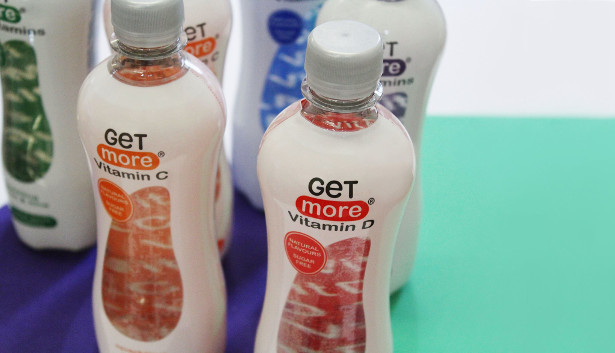
|

|
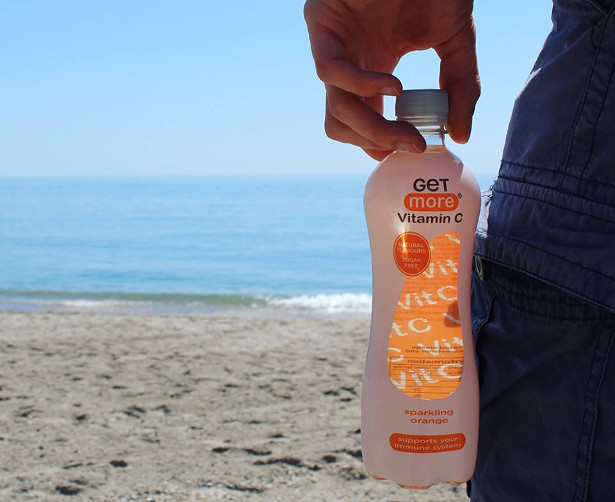
|
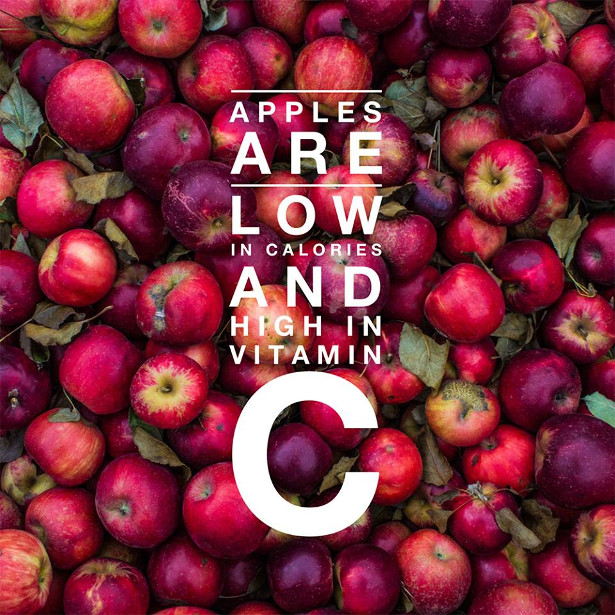
|
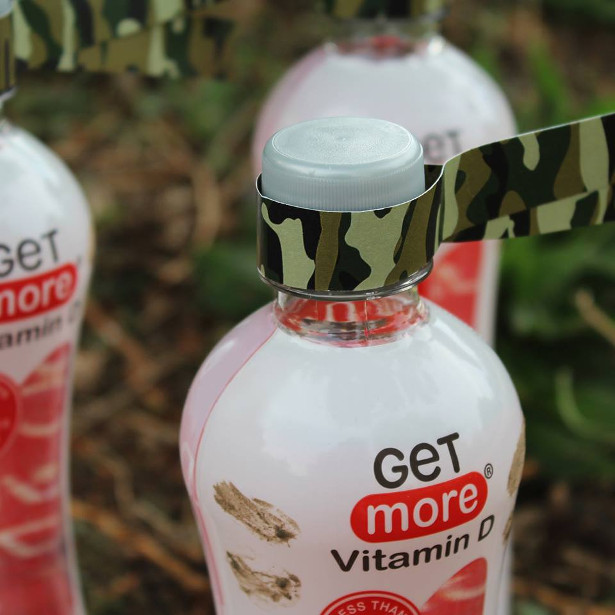
|

|
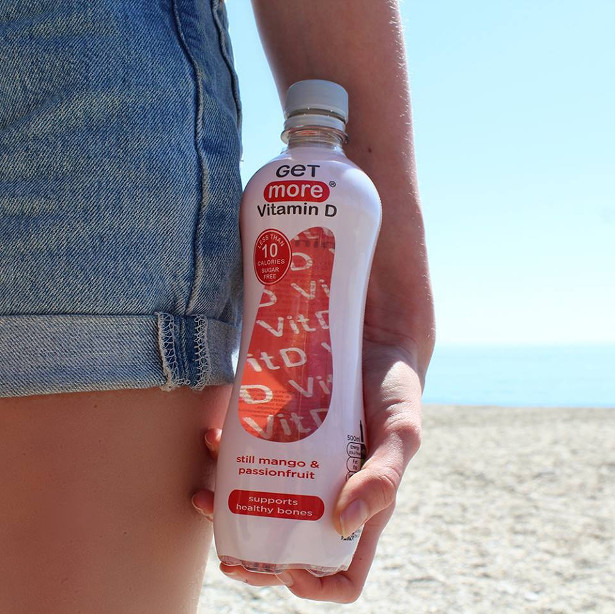
|





